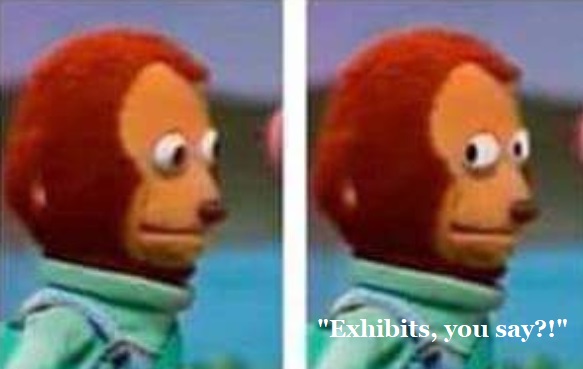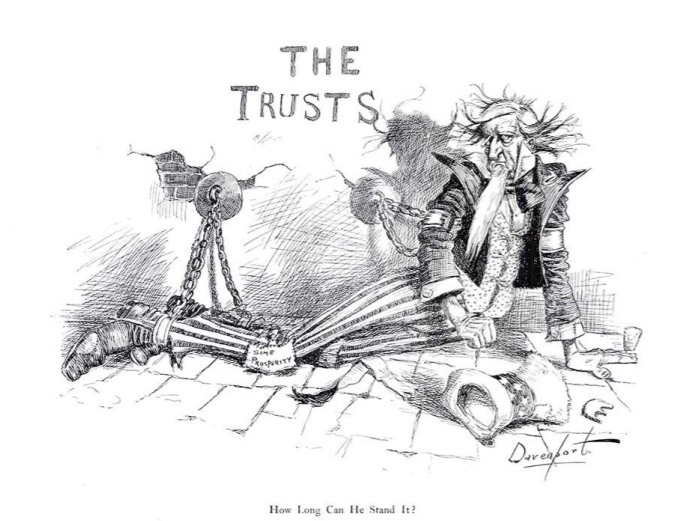Zurich won an insurance coverage dispute with Maxim Crane. On appeal, in addition to defending the merits, Zurich argued that the matter should be dismissed entirely because Maxim lacked standing. This argument led to the question whether a cross-appeal was needed to make that point, and the Fifth Circuit concluded:
… although our judgment would be different if we credited Zurich’s standing argument, that does not mean that Zurich needed to file a cross-appeal to present that argument. To be sure, as a matter of standard appellate practice, “[m]any cases state the general rule that a cross-appeal is required to support modification of the judgment,” whereas “arguments that support the judgment as entered can be made without a cross-appeal.” (quoting [Wright & Miller]). But this case falls within an exception to that general rule. A cross-appeal “is not necessary to challenge the subject-matter jurisdiction of the district court, under the well-established rule that both district court and appellate courts are obliged to raise such questions on their own initiative.” Id.
Maxim Crane Works LP v. Zurich Am. Ins. Co., No. 19-20489 (Aug. 20, 2021) (ultimately, certifying the underlying coverage issue to the Texas Supreme Court).










